Do Dentures Affect Taste?
A common question we get asked at Denture Health Care from patients considering dentures is ‘do dentures affect taste?’. The short answer is, yes; Dentures can affect your sense of taste but more often than not they are not the underlying cause, and fortunately for our love of food, denture-related taste loss can often be restored via a few different methods. First, it’s important to start at the beginning by looking at what taste actually is and what happens to it as we age. Continue reading for more on ‘do dentures affect taste’.
The Taste / Aging Relationship
When we think of the food we love to eat it usually falls into five categories: the saltiness of potato chips, the sensual bitterness of dark chocolate, the sweetness of a ripe mango, the sourness of lemon sorbet, and the savoury or ‘umami’ sensation of foods like cheese, mushrooms, and even bacon!
Our mouths have on average 10,000 taste buds which act as taste receptors. As we eat, our saliva dissolves certain chemicals from the food which enter these taste receptors and sends signals to our brains to create that ‘taste’ experience as flavour. Interestingly enough, these taste receptors on their own are not usually strong enough for our brains to differentiate between milder tastes. It actually takes our nose and mouths working in unison for us to be able to experience the full experience of certain flavours.
As an interesting experiment, try to taste some of your favourite foods by closing your eyes and pinching your nose. You might find that foods with strong flavour profiles become milder, and mild flavours might disappear completely.
Aging effect on taste
As we age, our senses of taste and smell naturally become weaker. The older you get, you may find that there is a tendency to prefer saltier or sweeter foods over milder umami flavours. This loss of taste between patients is also uneven for different flavour profiles; Some flavours may only be half as strong whereas some might be barely distinguishable. Research shows that flavour sensitivity was 49 times lower in the elderly than in youth.
For most elderly denture wearers, it is the natural aging process that is contributing to the experienced loss of taste. However, this is not always the case, as younger patients also report taste loss while wearing dentures.
The denture / Taste Relationship
If you’re a first-time denture wearer or considering dentures over implants you might be concerned with ‘do dentures affect taste?’. The good news is that for the most part dentures other than full upper dentures will have little to no effect on your ability to taste the foods you love when fitted correctly and when proper care is taken.
When do dentures affect taste?
Full upper dentures
Full dentures can affect taste, in particular, some loss of taste is often associated with a full upper denture. While the majority of taste buds are located on the tip of the tongue, we also have taste receptor cells on our cheeks, throat, and roof of our mouths. A full upper denture may contain a base plate to keep it securely in place which covers the taste buds on the roof of our mouths. Initially, with full upper dentures there will be some loss of taste but over time as our brains get used to wearing the dentures, taste can return to normal.
Dentures that don't fit well
Denture creams and adhesives have also been known to alter taste sensation. Often described as a lingering ‘metallic taste’, overuse of denture creams and adhesives to prevent dentures from slipping could also be the cause of taste loss. Ensuring your dentures are well-fitted so you don’t have to use more than the recommended amount of denture adhesive will help with removing any lingering metallic taste.
A build up of food deposits and stains
With daily use, dentures will naturally build up food deposits and stains. These stains and food deposits could be contributing factors to taste loss. The good news is that keeping dentures as clean as they can be is something that can be done at home and has been shown to improve taste sensation for many patients.
How to improve taste sensation while wearing dentures
- Consider dental implants – For full upper denture wearers, changing to implant retained dentures will remove the need for the plate that covers the taste receptors on the top of your mouth and can help restore taste.
- Clean your dentures regularly – Caring for your dentures and keeping them clean are some of the best ways to avoid a build-up of stain, and old food deposits that can alter taste sensations in your mouth.
- Ensure your dentures fit well – If you are overly reliant on denture adhesive to keep your dentures in place, it might be time for a denture reline.
- Speak to a dental prosthetist – Loss of taste can be attributed to many factors and by speaking to a dental prosthetist at Denture Health Care, we can do a thorough examination to help determine why you might be experiencing taste loss and provide some effective solutions and treatments that could restore your ability to taste.
How important is our sense of taste?
Losing our sense of taste is not something that should be casually overlooked. Not only is not enjoying a Belgium waffle covered in rich dark chocolate ever again, something we want to consider but taste loss can also have several negative effects on our health and well-being.
- Taste prepares the body – Taste triggers our salivary glands and aids our digestive systems ‘to be ready for food’
- Taste nourishes the soul – Eating the foods we love is a pleasurable experience and triggers an endorphin release in our brains!
- Taste prevents a loss of appetite – When we lose our sense of taste, we lose our interest in cooking and eating the foods we love.
- Taste loss favours unhealthy eating – Without our taste sensation to guide us with healthy fruits and vegetables, there is a tendency to eat foods higher in fats, salt, and sugar. As salty and sweet are two of the stronger flavour profiles.
First time denture wearers
If you’ve recently started wearing dentures you may have noticed some changes in your ability to taste, discomfort, difficulty speaking, slipping, excess saliva, and more. These common denture problems are part of the early stages of getting used to wearing dentures. With time, your mouth and brain will adjust to having the dentures in your mouth and most of these symptoms should pass.
If you are experiencing any pain or significant discomfort, we recommend you make an appointment with a dental prosthetist today, as you may require a denture reline or a refitting.
Have you experienced some taste loss with your dentures and are not sure why? Get in touch with our friendly dental prosthetists at our denture clinic Brisbane today for more practical tips or to book a consultation to help determine why you might be experiencing taste loss.
Related Posts
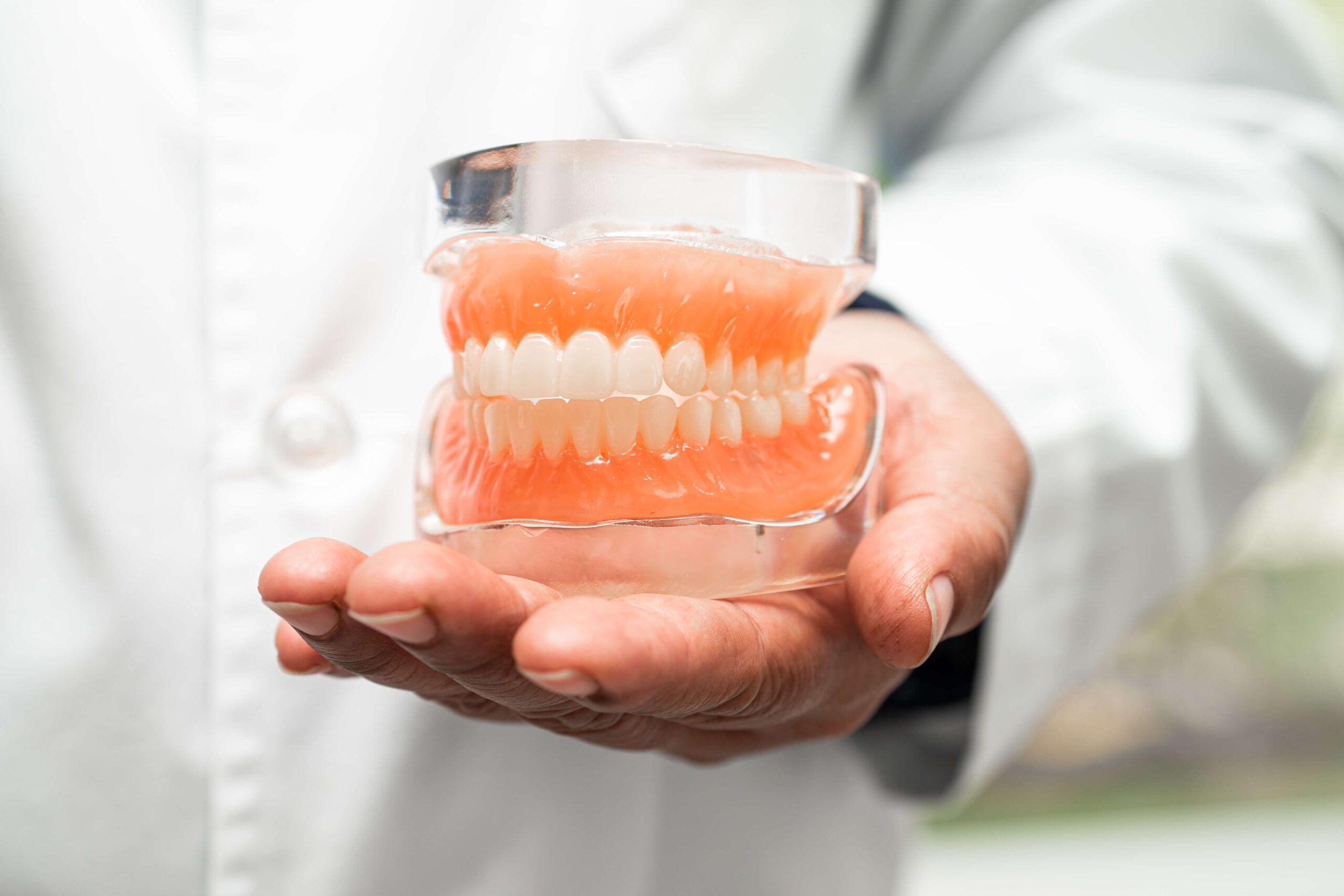
Playing with Dentures – A Guide for Musicians
Playing with Dentures – A Guide for Musicians Whether you are a seasoned musician or looking to learn a new instrument, playing with dentures presents some unique challenges. Dentures that shift around your mouth or being unable to achieve the right sound are some of the issues you may encounter while playing music with dentures,
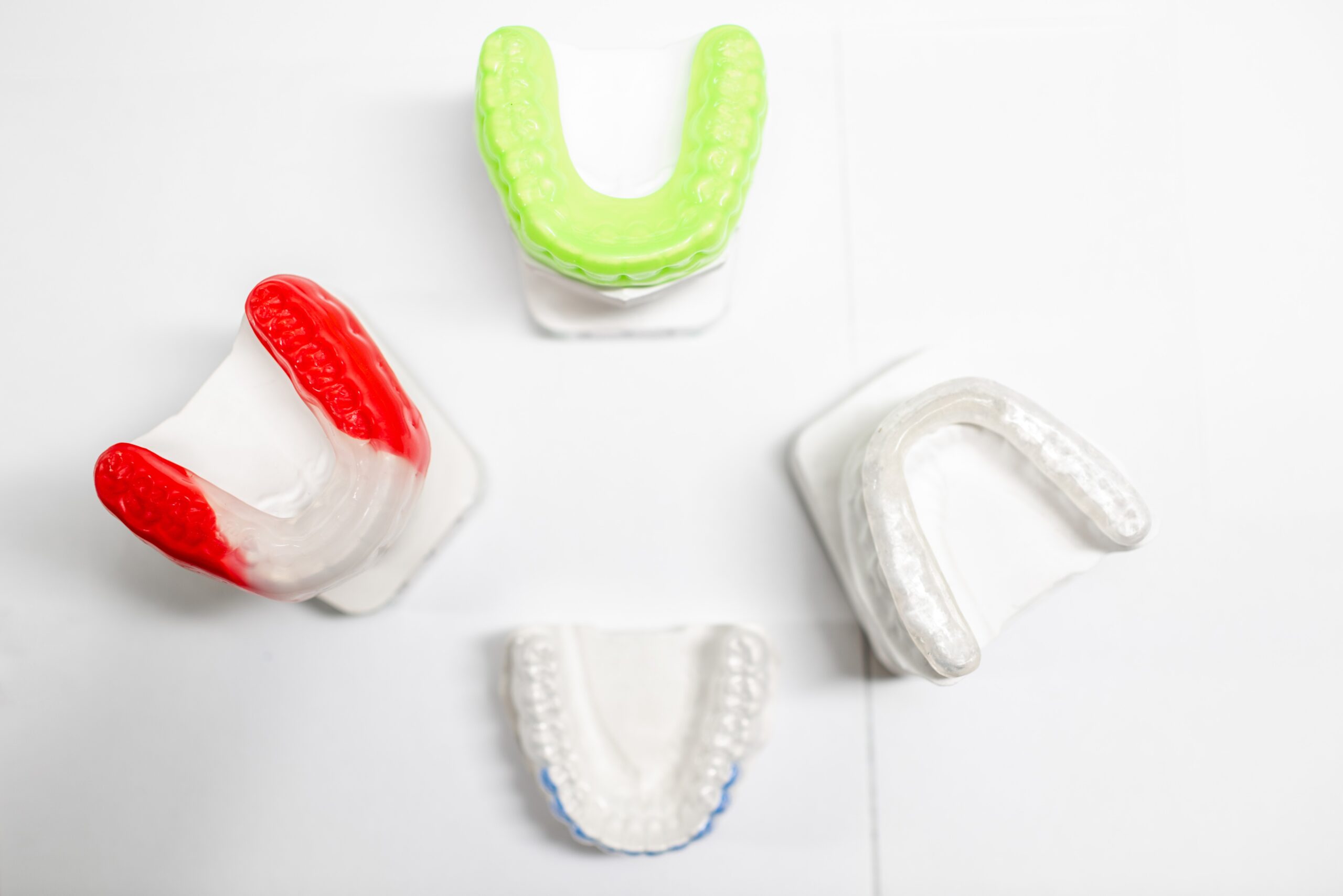
Benefits of Mouthguards: Understanding Their Advantages
Benefits of Mouthguards: Understanding Their Advantages Anyone who has played contact sport before has been told about the importance of wearing a mouthguard. No matter how old you are, or what sport you play, the advantages of mouthguards give you the protection and the peace of mind that you are safer if an incident does
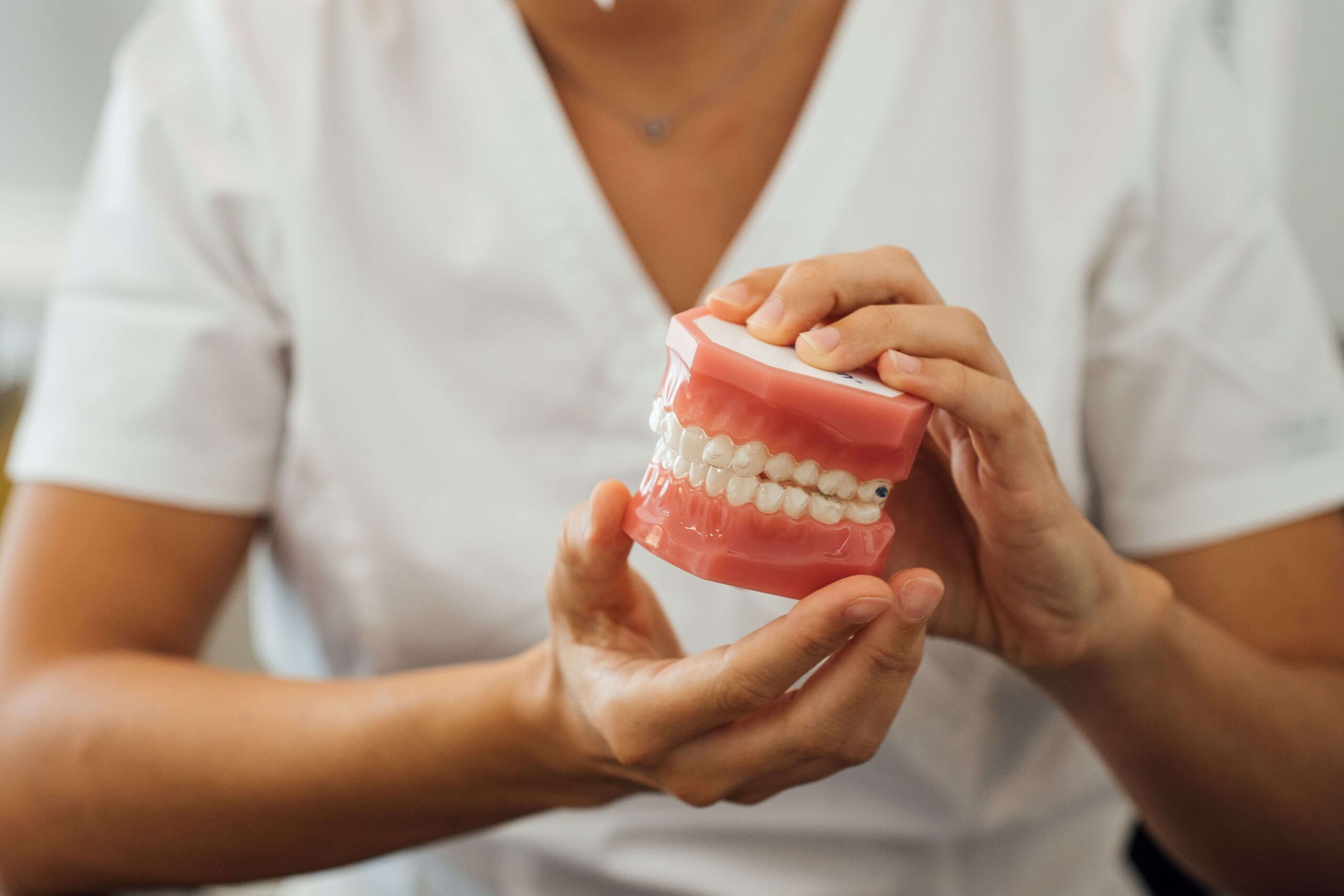
When to Reline Dentures
When to Reline Dentures As a tool designed to improve your quality of living and overall wellbeing, dentures should never feel uncomfortable or awkward to wear. If you are experiencing problems or your dentures simply don’t feel like they used to, it may be time to visit a professional to have your dentures relined. There

Foods to Avoid with Dentures
Foods to Avoid with Dentures Dentures are a majorly beneficial and life changing solution for many people around the world, however, that doesn’t mean they don’t come with responsibility and the need for proper upkeep. It’s important to ensure you’re eating the correct foods and drinking the right drinks that keep your dentures intact and
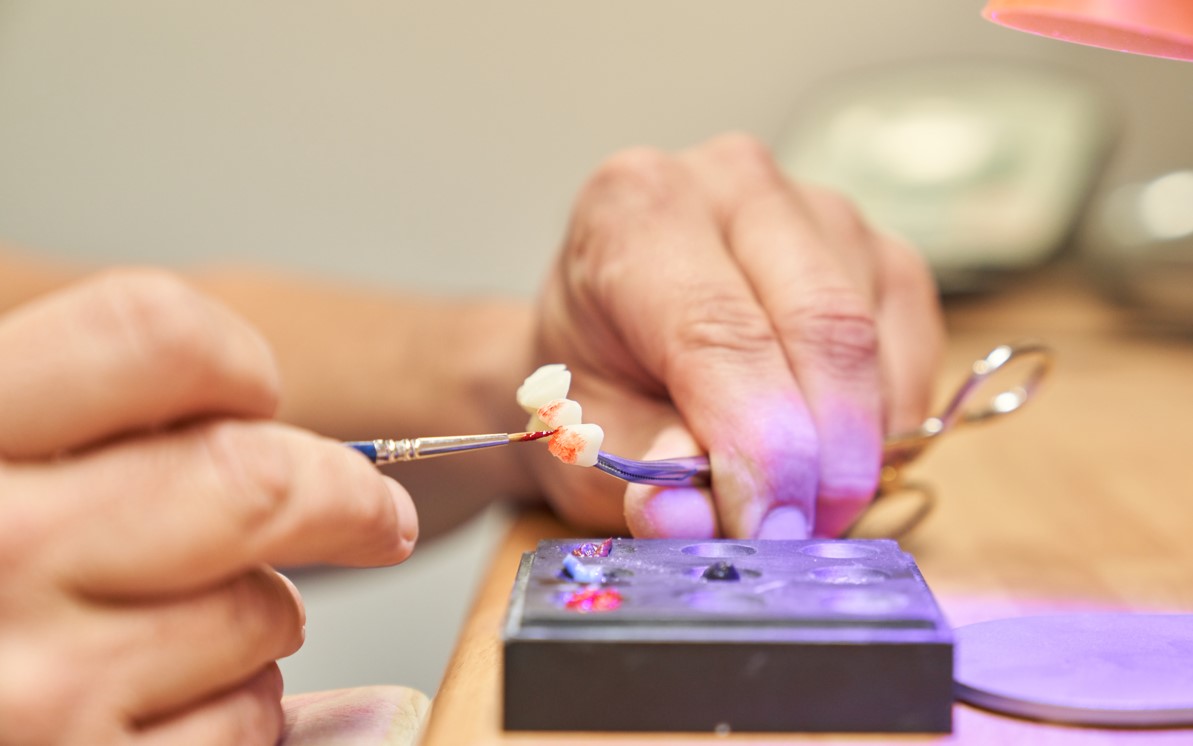
Do Partial Dentures Look Natural?
Do Partial Dentures Look Natural? The simple answer is yes, partial dentures can look natural. But there are a few things you need to know in order to make sure that yours look their best. Partial dentures are specifically designed to match the shade and shape of your existing teeth, so they should blend in
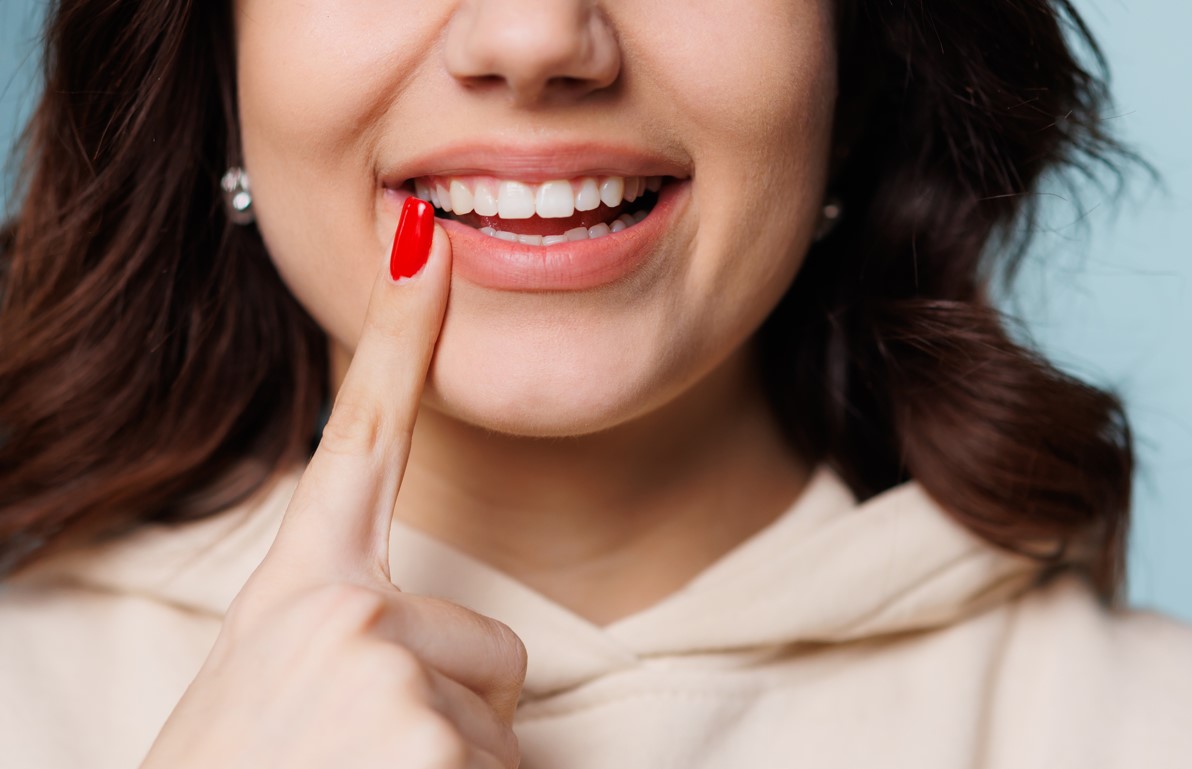
Dentures and Saliva – What You Need to Know
Dentures and Saliva – What You Need to Know If you wear dentures, saliva problems may be an issue that you have to deal with on a daily basis. Dentures and saliva have a complex relationship. Saliva helps to keep your mouth moist and aids in the digestion of food as well. Without enough saliva,
We do whatever it takes to bring you peace of mind
1300 304 092
Call us today
